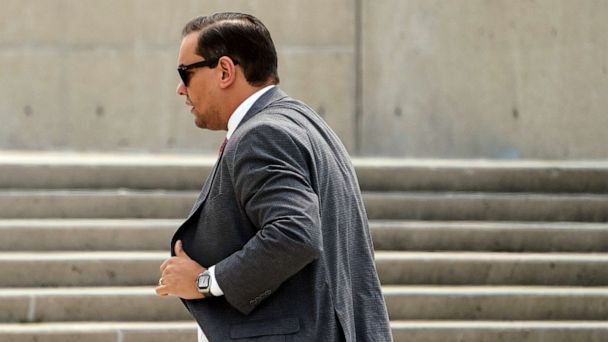
Steward Health Care’s Massachusetts hospitals are on the brink of financial disaster. But in many important ways, Steward’s troubles are just a symptom of a larger crisis engulfing the entire industry.
While Steward’s for-profit ownership structure put its hospitals at a disadvantage, many health care executives say the state’s entire network of hospitals is approaching a capacity shortage not seen since the early days of the Covid-19 pandemic.
advertisement
Industry leaders are calling for urgent action from the Healey administration and the Legislature to help stem the crisis. Even just simplifying the state regulatory bureaucracy and approvals for bringing uninsured patients into the MassHealth system would help, executives say.

Get unlimited access to award-winning journalism and exclusive events.
Subscribe Log InNext article: ChatGPT in medicine: STAT answers readers' burning questions
















